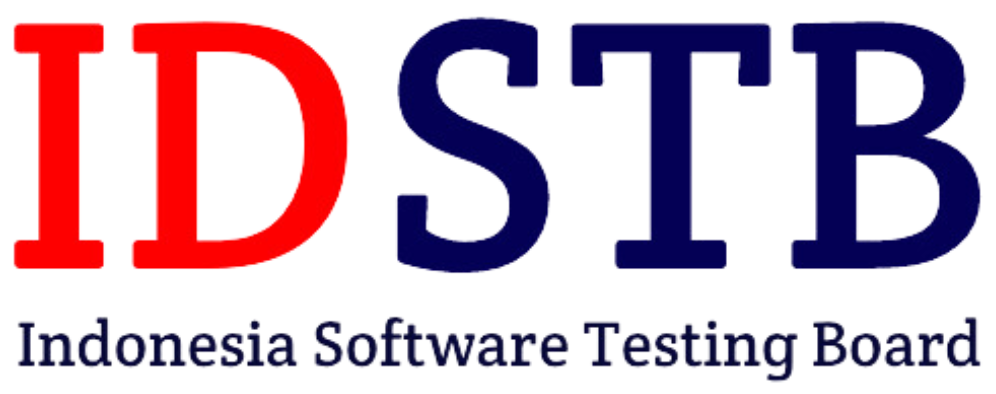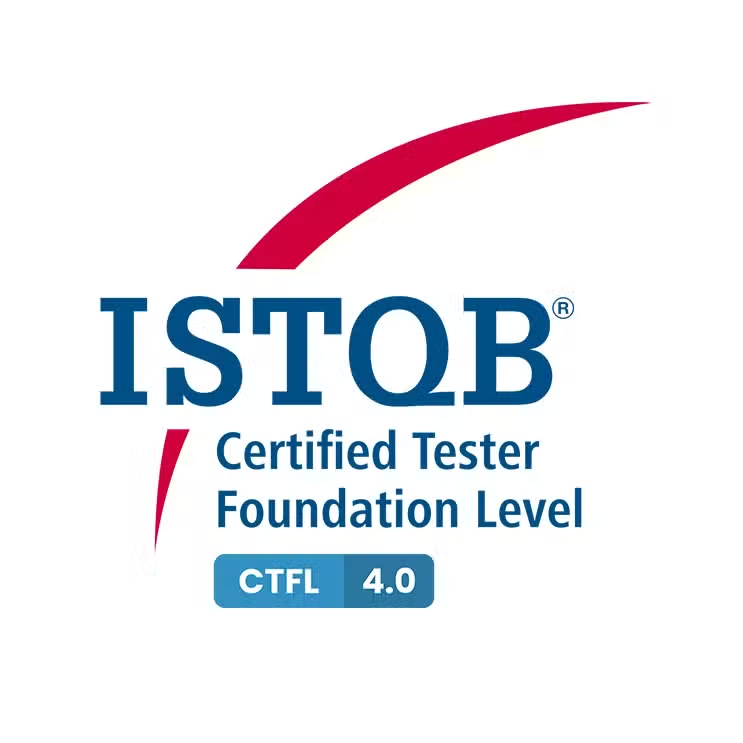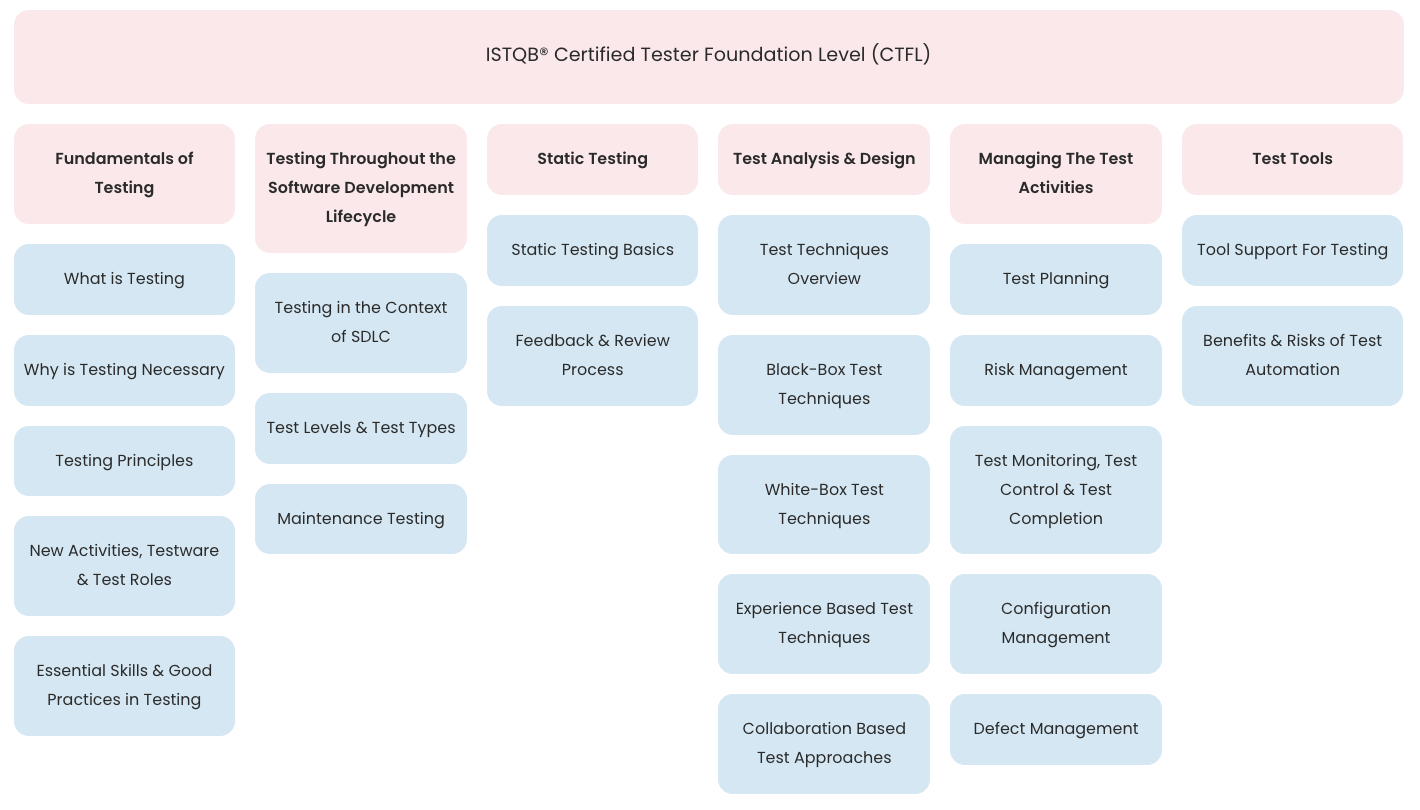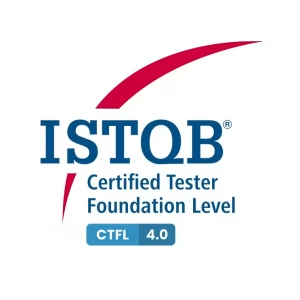Description
Audience
The CTFL 4.0 certification is suitable for anyone who needs to demonstrate practical knowledge of the fundamental concepts of software testing. It is relevant for individuals in roles such as tester, test analyst, test engineer, test consultant, test manager, user acceptance tester, and software developer.
In addition, it is also appropriate for those who require a basic understanding of software testing, including project managers, quality managers, software development managers, business analysts, IT directors, and management consultants.
Through the ISTQB® Certified Tester scheme, testing professionals at all stages of their careers can benefit from the breadth and depth of knowledge offered, while also having the opportunity to advance to higher-level software testing qualifications such as Core Advanced Level, Specialist, and Expert Level certifications.
Exam Structure
-
Number of Questions: 40
-
Passing Score: 26
-
Total Points: 40
-
Exam Duration: 60 minutes (+25% for non-native language participants)
Business Outcomes
The expected business outcomes for a candidate who has obtained the Foundation Level certification are as follows:
-
Understand what testing is and why it is valuable
-
Understand the basic concepts of software testing
-
Identify appropriate testing approaches and activities according to the testing context
-
Evaluate and improve the quality of documentation
-
Increase the effectiveness and efficiency of testing
-
Align testing processes with the software development lifecycle
-
Understand the principles of test management
-
Write and communicate clear and understandable defect reports
-
Understand factors that influence testing priorities and effort
-
Work effectively as part of a cross-functional team
-
Recognize the risks and benefits related to test automation
-
Identify essential skills required for testing
-
Understand the impact of risk on testing
-
Report effectively on testing progress and quality





